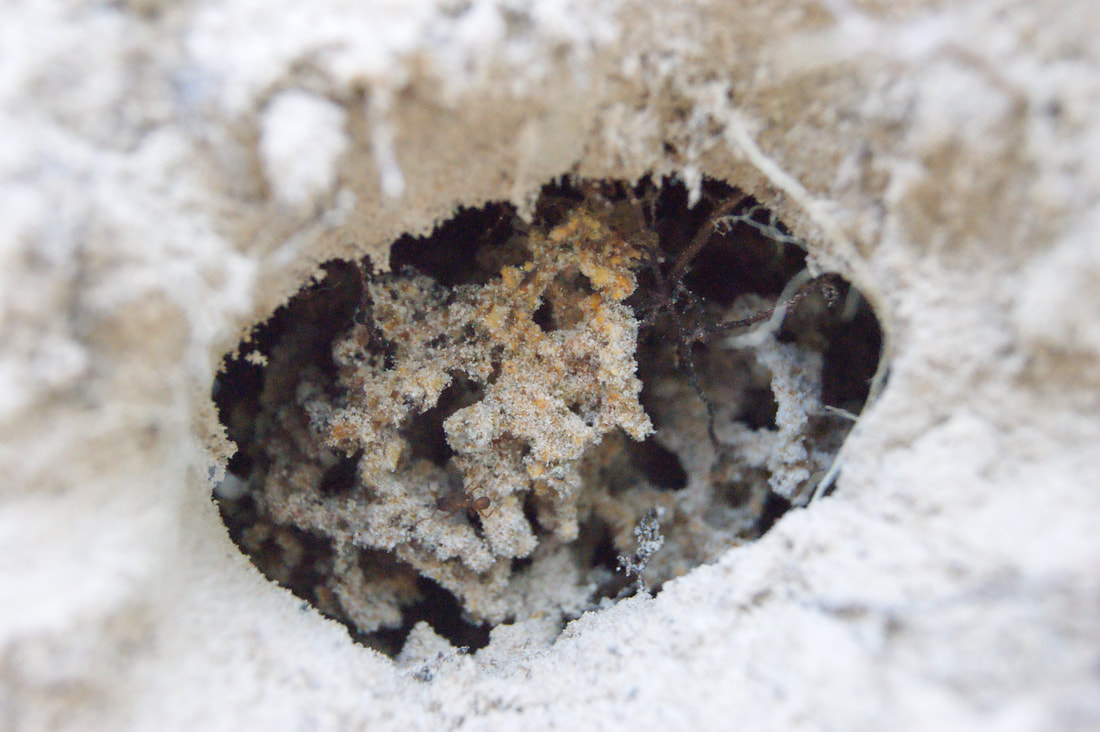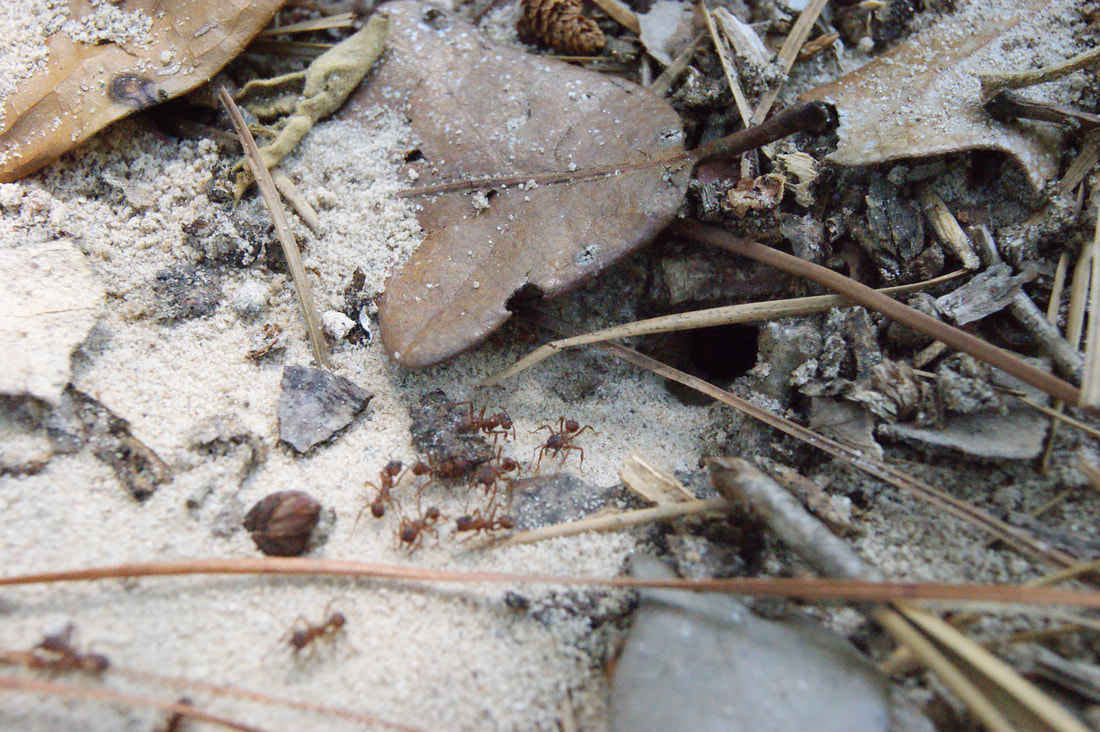|
After decades of major advances in genetics and evolutionary biology, there has been a growing shift towards whole-organism approaches that attempt to understand how genomes, physiology and behavior are an integrated outcome of evolution. This is a guiding principle that I use to investigate one of the most transformative phenomenon relevant to the evolution and ecology of life on earth: the symbiosis. Were it not for symbioses, there would be no multicellular life, animals, plants or many of the ecosystems that we depend upon for sustenance or recreation. Many symbioses are ecologically important drivers of biodiversity, e.g., coral-algal, plant-bacteria or plant-mycorrhizal symbioses, thus symbioses have emergent features and ecological services that arise as a result of an interaction of the partners.
See our research page and people who conduct that research! |

